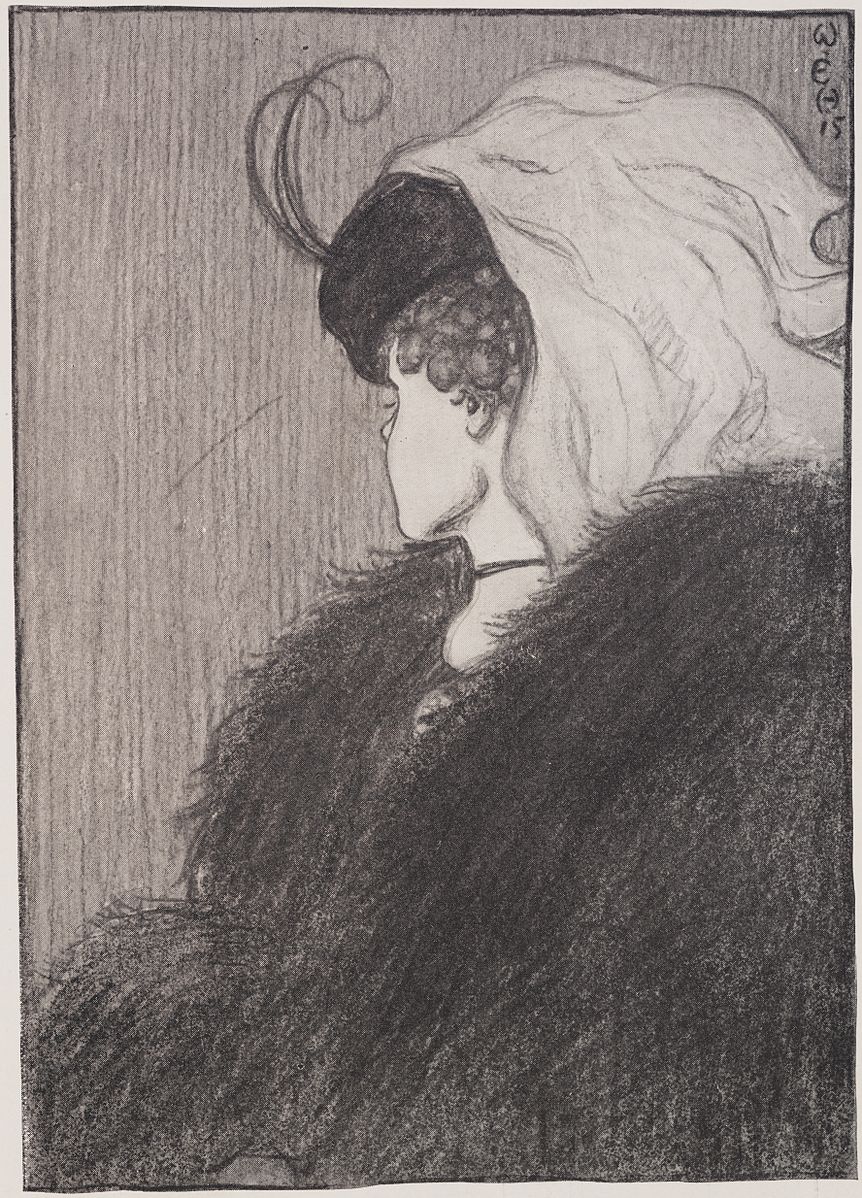Thursday September 4, 2025
Quick View- Notebook, Being responsible, Maturity
Circle: Name and what is ONE pet peeve of yours?
Activity Quiz:
What do you remember about the people at your table?
1. Name a job you wanted to do when you were little
2. Favorite cartoon
3. One place you'd like to visit.
Psychology Definition: The scientific study of behavior and mental processes.
Your brain is a prediction machine...
Lets look at mental processess? Using your Myers-Briggs profile look at that profile that is the opposite of yours and be ready to discuss how different that world would be for you. What seems like it would blow your mind?
Understand... At your table-Fundamental Attribution Error
Perspective Activity: At your table come up with a working definition of perspective.
Another Perspective: Evolutionary Psych
Old People- How much different do you think you'll be when you are 70 years old? When you talk to old people, do you feel like they are happy or sad? What is one of your biggest concerns about growing old and gray? What do you think you'll look like when you are old. Imagine what you think you'll look like.
What do you see?
What did I just do to influence what you saw? Turn and talk
Activity: How to read informational texts. Module 0.1 in class. Module 0.2 for homework. I will be checking this tomorrow for a formative grade.
Research SQ3R: Be prepared to present out your findings. What is it? How does it work? Why is it so effective?
1. Take the test
2. Get you profile letters- write them down.
3. Look up what your profile is online. Just type in your 4 letters in the search bar.
4. Briefly write down what you agree with and 3-4 things and what you disagree with.
5. Then reflect in a short paragraph how it makes you feel that you can be into 4 letters
